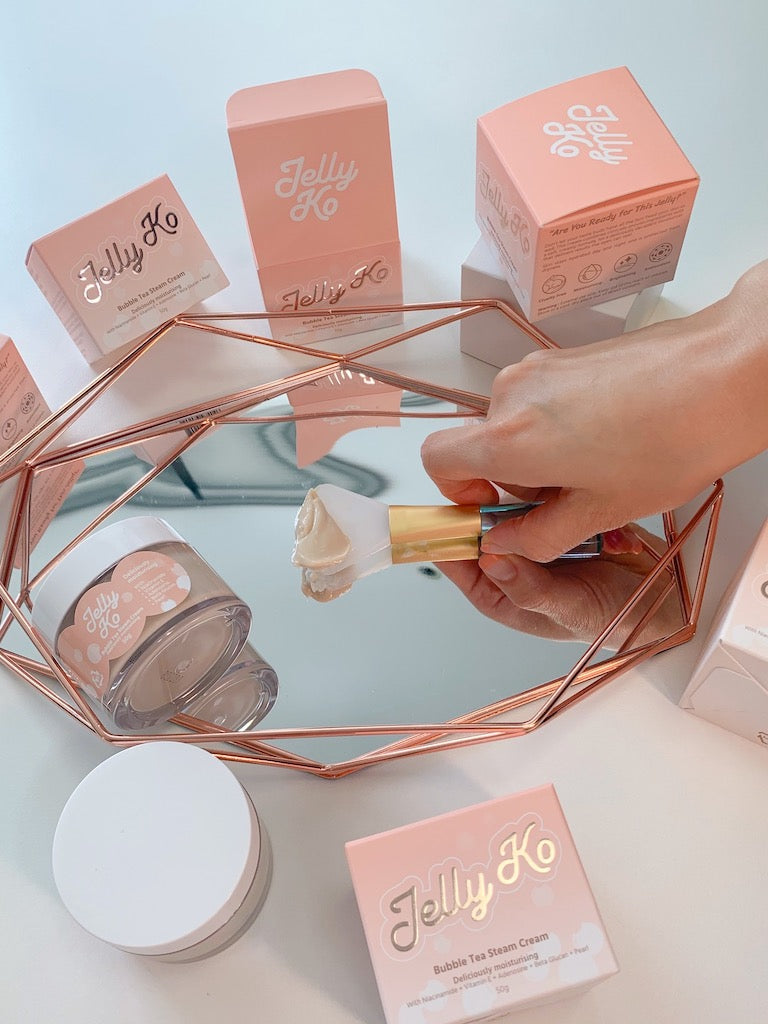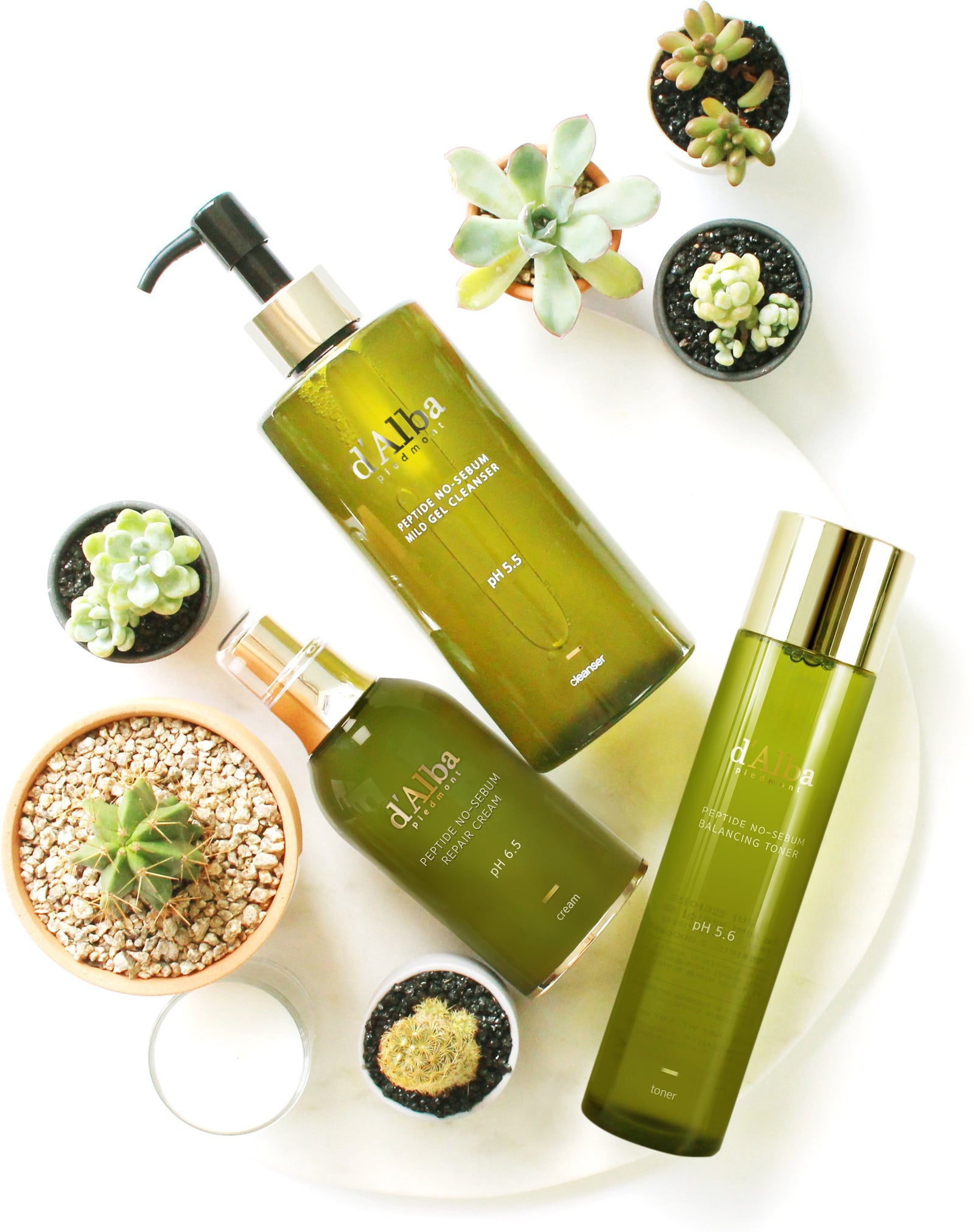The Korean Beauty Show 🎧 Your K-Beauty audio library starts here →
Menu
Why Is K-Beauty So Popular?
February 24, 2023

Why is K-Beauty So Popular?
Episode Description
Lauren explores some of the real reasons why K-Beauty is so popular including Korea’s strength as a manufacturing hub, low barriers to entry, marketing and support from the Korean government. If you’re keen to hear a more in-depth analysis why K-Beauty is so popular then tune in.
CONNECT WITH ME
My Instagram: www.instagram.com/lauren.kbeauty
Shop Kbeauty: www.stylestory.com.au
Style Story’s Instagram: www.instagram.com/stylestory_kbeauty
Jelly Ko’s Instagram: www.instagram.com/jellyko_official
Facebook: www.facebook.com/stylestory.au
Website: www.thekoreanbeautyshow.com
Sign Up to Our Mailing List to Join Tester's Club: https://stylestory.com.au/pages/free-gift-signup
EPISODE SUMMARY
-
The usual reasons people give as to why K-Beauty is so popular (10 steps, different ingredients like snail mucin)
-
What actually makes Korean beauty products stand out from others
-
How Korea became so globally competitive in the field:
-
Marketing
-
Manufacturing
-
Government support
-
Low barriers to entry
-
Thinking globally

Why Is K-Beauty So Popular: Manufacturing
Korean manufacturers are at the forefront of beauty technologies and their approach borders on the obsessive. For South Koreans, skincare, beauty and cosmetics is a big deal.
Young, old, male, or female this is a multi-billion-dollar industry that is competing for consumers at an extremely high level.
When the stakes are this high you better believe that the quality of the product lives up to the demand and expectation. Research and development is constant and this is what has made Korea a global manufacturing hub, not just for Kbeauty companies but other global beauty companies as well.
Why Is K-Beauty So Popular: Government Support
The Korean government not only provides economic and marketing support but also many opportunities for Korean companies to meet foreign buyers and retailers and pitch products to them. What's unique is the support offered by the Korean government is that they offer it to companies of various sizes from SMEs up. Whereas trade agencies in other countries tend to heavily favor supporting their largest exporters, Korea's government offices and agencies offer support at various levels.
Having worked with multiple trade agencies I can say from first hand experience that the support Korean companies get from the Korean government is unparalleled. They offer everything from free office space, trainings and seminars, organizing face to face meetings, trade shows, marketing support and more. In short, there is substantial support offered to help companies succeed abroad. This is not unique to the Korean Beauty industry but has been a factor behind Korea's economic growth in many key industries in Korea in the post-war period.

Why Is K-Beauty So Popular: Low Barriers to Entry
Especially for SMEs there is a much lower barrier to entry for Korean Beauty companies than other countries. There are a lot of reasons for this, including far more options for ODM and OEM manufacturers, great competition between them which is better for consumers (i.e. brands), lower minimum order quantities (MOQs), and lower manufacturing costs. There is also a much quicker turn around time to produce products, which means that brands can quickly get new products to market.
After launch, Korean companies have perfected the art of getting real time feedback on their launches. It's very common to see brands launch quickly and then either update their products based on early feedback or tinker with formulas / product line up / strategy altogether until they get one that works.

Why Is K-Beauty So Popular: Thinking Globally
Korean Beauty companies are much more globally minded than beauty companies in other countries. Just one example of this is the use of English language labels. While there are a few reasons that companies tend to print the product names and at least some of the packaging in English, one of the reasons is related to marketing, and there is no doubt that this makes it easier for companies to export their products overseas.
Korean beauty as an industry gets a lot of funding from the government and I think they realised that English labelling was important for export. It definitely gives Korean products an edge over products from other countries that aren't translated, for example Japanese ones. For some Japanese brands, they even change the color and design of their packaging when they export overseas, which leads to confusion among international consumers wondering whether the product they are familiar with that they've bought in Asia is the same as the English version.
Another reason behind the use of English labels is the 'cool' factor.
Export is never far from the minds of most Korean companies and even small to medium sized companies will have a global marketing team or someone looking to expand the business outside Korea.
STYLE STORY - Your Go To for Kbeauty Since 2014
Shop Now
"Going behind some of the superficial reasons for K-Beauty's popularity - yes, we all know the pricing points are great, but you can get cheaper products in heaps of countries - let's take a look at some of the deeper, structural reasons why Korean Beauty as an industry has succeeded"
- Lauren Lee



Leave a comment
Comments will be approved before showing up.